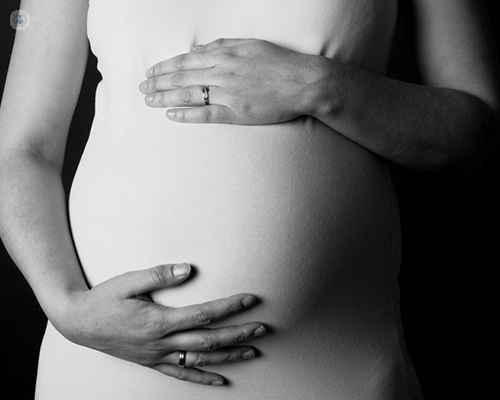What can happen during childbirth trauma?
Written by:In one of today’s articles, we discuss childbirth trauma at length, including what could influence one being at high risk of suffering from childbirth trauma. Dr Alex Digesu, a highly regarded and established London-based consultant obstetrician, gynaecologist, and urogynaecologist subspecialist, is the expert on hand here to provide us with a detailed and informative guide about childbirth trauma.

What is meant by childbirth trauma?
The trauma of birth is an international concern for all childbearing women globally. Childbirth trauma includes any damage or injury to the genital tissues such as the labia, vulva, vagina, or perineum. Both skin and underlying pelvic floor muscles, nerves, as well as connective tissues can be damaged at the time of delivery. Occasionally, both the bladder and the rectum can be damaged too.
What might influence an increased risk of childbirth trauma?
The risk of childbirth trauma increases if an instrumental and/or forceps delivery is performed, or if the baby weight is 4kg or more.
What is genital tract trauma, and how common is it?
Genital tract trauma is extremely common with spontaneous vaginal birth. In fact, it has been estimated that roughly 85 per cent of all women who deliver vaginally experience some form of trauma, with first or second-degree perineal lacerations occurring in two out of every three women, and outer vaginal tears occurring in a half of women.
What are the treatment options for women who have suffered childbirth trauma?
Usually, the damage to the vagina, perineum, and pelvic floor is repaired using sutures in order to reconstruct the anatomy. The stitches dissolve within six to 12 weeks and do not need to be removed.
Sometimes, bony abnormalities occur, but they tend to resolve within six to 12 weeks as well. Unfortunately, when a muscle tear occurs, it does not heal, and thus, causes postnatal muscle weakness and vaginal/pelvic organ prolapse.
Contact Dr Alex Digesu today via his Top Doctors profile to schedule a consultation with him.


